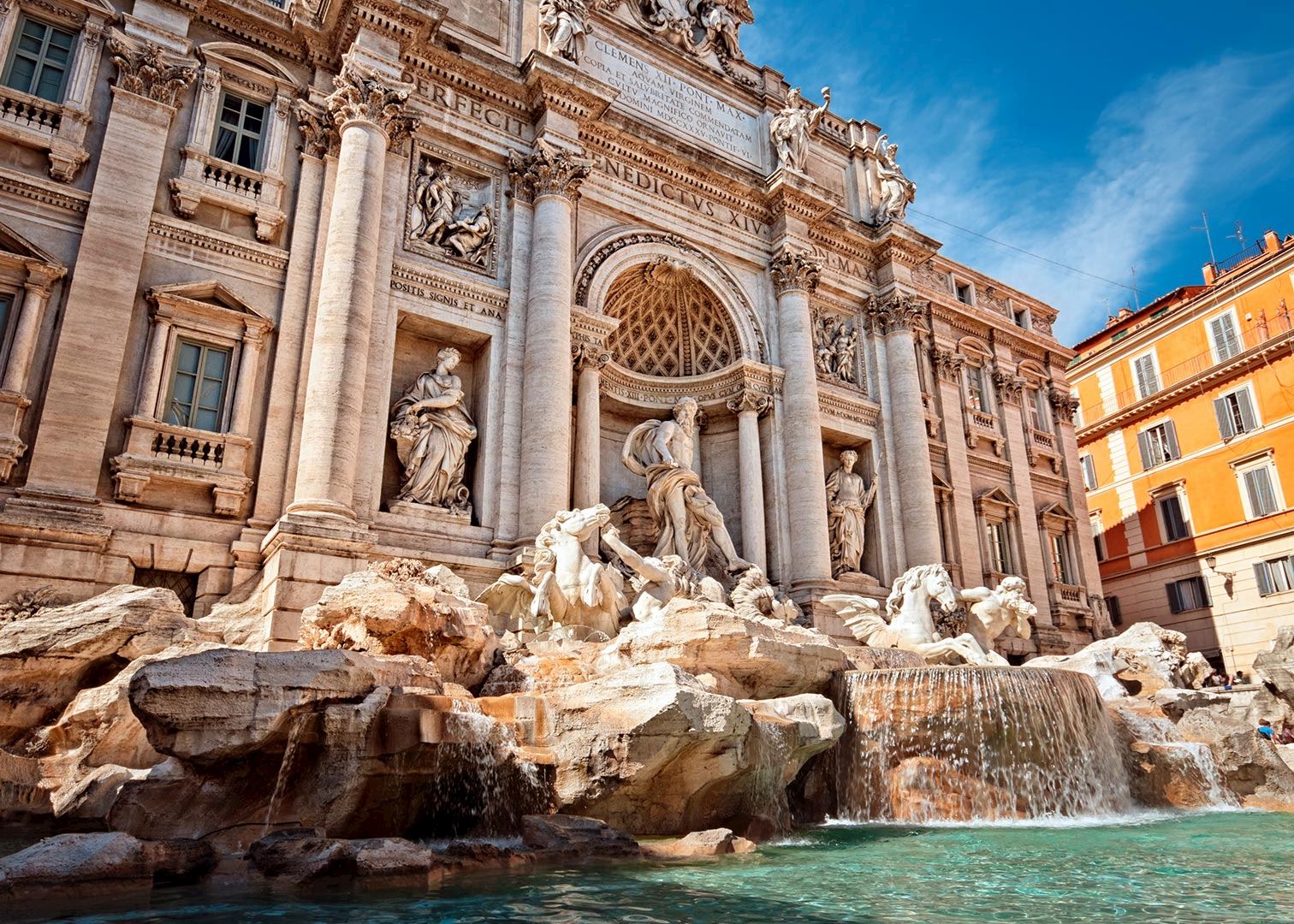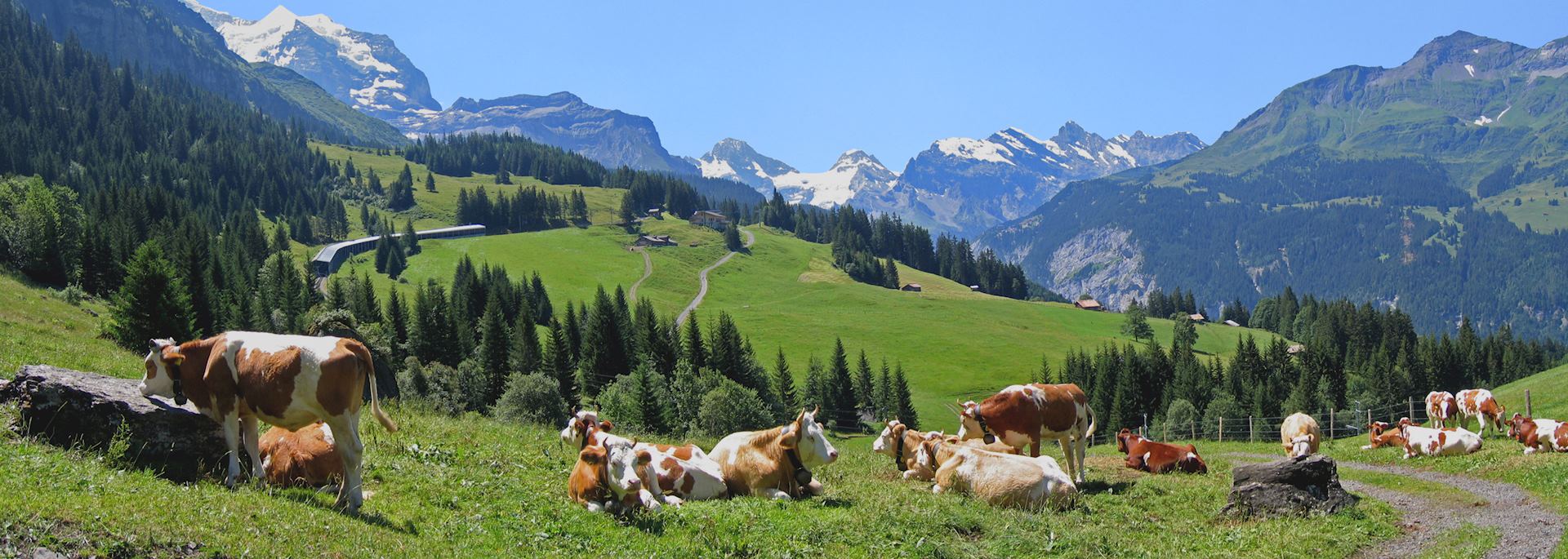Practical Information
Planning your trip
Though Switzerland is popular with large-group tours, our specialists can offer the advice and planning you need to avoid the crowds and find experiences. We’ve criss-crossed the country and can help you discover the most compelling aspects of the culture, landscape and history. Our specialists will be happy to share their first-hand knowledge to create a trip that’s designed just for you.
Language
Switzerland has four national languages. The most widely spoken is Swiss-German, but you’ll hear French in the western regions, Italian in the south and, in the southeast, a tiny percentage (0.5%) of the population still speak Romansh. However, English is widely spoken, making travel and conversation simple.
Food & drink
Across Switzerland, you’ll find the cuisine influenced by the language that’s spoken in each region, with fresh pastries in the Francophone areas, veal and spätzli in the German-speaking areas and Mediterranean influences in the Italian areas.
That said, Switzerland does offer its own distinctive cuisine that spotlights the country’s local produce, especially cheese. Some of the most popular Swiss meals, like fondue and raclette, put cheese literally in the middle of the communal meal. In a raclette dinner, diners array themselves around a large round of semi-soft cheese that’s heated slowly. You scrape off the melty exterior to eat on any number of things, including potatoes, cornichons, pickled onions and dried meat.
Sharing platters of dried meats are popular across the country as a between-meal snack or appetiser, including a salted and aged dried beef that’s served sliced thinly, like prosciutto.
Chocolate is also popular, and Switzerland leads the world in per capita consumption of chocolate, eating on average about 9 kg (almost 20 lb) per year.
Festivals & holidays
Each Swiss canton (region) sets its own public holiday, so you’ll find inconsistencies across the country, but most observe Easter, Ascension Day, Whit Monday and Christmas, as well as Carnival, known in the German-speaking areas as Fasnacht. Swiss National Day is commemorated on 1st August.
Many Swiss festivals celebrate winter’s outdoor pleasures and you’ll find sled and ski races across the country in the snowy months of January, February and March. Grindelwald’s International Snow Festival spotlights elaborate snow sculptures in January and the White Turf race in St Moritz sees horses thundering across a frozen lake each February.
In the warmer months, the country erupts into many fêtes and festivities that celebrate various aspects of Swiss culture, including yodelling, folk music, Gruyère cheese, traditional costumes and even the ascent of the cattle into the mountains. You’ll also find a bounty of music festivals from different genres.
Tipping
Swiss Francs (CHF) are the national currency, but many places accept euros as well. Also, cash is more common than credit cards here and in some small, remote towns, you may not be able to pay with a card.
Tips in restaurants are generally included in the prices, but it’s common to round up a bit. The same holds true for taxis, but tips for housekeeping are not common.
Communications
Switzerland’s country code is +41. Be sure to omit the 0 from the beginning of the phone number.
The whole country has strong data (4G) connectivity and we recommend checking with your mobile phone provider to see whether they offer international phone and data service in Switzerland as part of your plan or at an additional cost. Wi-Fi is free in most hotels, restaurants and some train services
Travel Advice
Our country specialists can advise on any safety concerns you may have. For current information, please refer to the .
When to go to Switzerland
You'll find temperature and rainfall information, together with a month-by-month guide on visiting, on our guide for when to go to Switzerland.
More Information
-
Flight Time
2 hours upwards dependent on airline (London to Z眉rich) -
Time Zone
UTC +1

